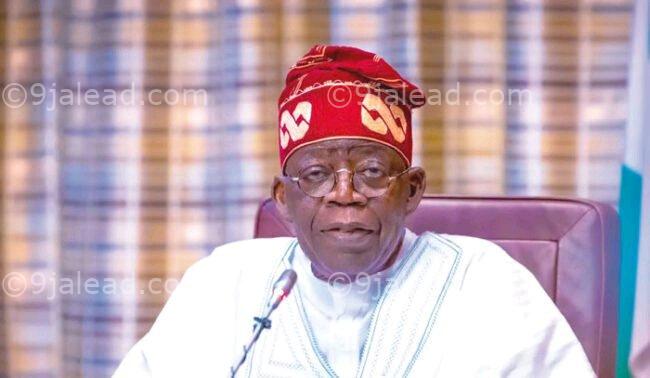Stakeholders in the education sector have supported the initiative of the Federal Government to establish specialised universities, saying this would rapidly and technologically develop Nigeria....CLICK HERE TO CONTINUE READING.>>
While the National Universities Commission (NUC) has approved the establishment several private specialised universities of recent, the Federal Government on its part has established many specialised universities cutting across the country, which critics have described as mushrooming of universities in the country.
Thank you for reading this post, don't forget to subscribe!Speaking at a one-day public hearing on Bills for an Act to establish the Federal University of Information Technology, Ikare-Akoko, Ondo State and Federal University of Education, Technical, Gombe organised by the Senate Committee on Tertiary Institutions and Tertiary Education Trust Fund (TETFund), stakeholders highlighted the importance of establishing institutions in the country.
Senate President, Godswill Akpabio, in his keynote address before declaring the public hearing open, noted that education remains the “cornerstone of national development as it equips individuals with the knowledge and skills needed to address challenges, innovate solutions, and build a prosperous and sustainable future.
“The two Bills under consideration today highlight our unwavering commitment to fostering an environment where education serves as a tool for technological advancement, human capital development, and economic growth,” he said.
He said the Federal University of Information Technology, Ikare-Akoko, Establishment Bill seeks to establish a specialised institution dedicated to the advancement of information technology.
“In an era where digital innovation drives the global economy, such a university will serve as a hub for research, training, and the nurturing of talents in ICT.
“By establishing this university, it is desired to bridge the digital divide, promote innovation, and position Nigeria as a global leader in technology.
Speaking about the second proposed institution, he said: “The Federal University of Education, Technical, Gombe (Establishment) Bill focuses on technical education, a critical sector in the journey towards industrialisation and skill development.
“The proposed university in Gombe would serve as a centre for technical and vocational excellence, empowering young Nigerians with practical skills to drive entrepreneurship and meet the demands of a rapidly evolving labour market.”
He emphasised the significance of public hearings as a cornerstone of our legislative process, adding that it provides an opportunity for stakeholders-including academics, industry experts, and citizens to contribute their perspectives and insights.
Akpabio commended the efforts of the sponsors of these Bills for their vision and dedication and also thanked the committee on Education (Tertiary and TETFund) for organising the hearing and the stakeholders for their active participation.
In his remarks, chairman of the Senate Committee on Tertiary Institutions and TETFund, Senator Dandutse Muntari Muhammed, said the public hearing on the two bills was aimed at enhancing the quality and accessibility of tertiary education in Nigeria.
“As a nation, we must continually evaluate and improve our educational framework to ensure it meets the demands of a rapidly evolving world,” he said.
Senator Victor Umeh (Anambra Central) in his remarks said the number of universities in the country is still grossly inadequate, urging all stakeholders to give their maximum support for the passage of the bills to establish the two universities.
Former Minister of Communications and Digital Economy, Ali Pantami said Nigeria needs more universities and the North East in particular, noting that the place, where the Federal University of Education, Technical, Gombe is located, has the least number of universities in the country.
He said: “If you look at the geopolitical zones, the North East with six states has the least number of universities (21), while the South East with five states has 36 universities.”
Traditional rulers, academics and other stakeholders from Ondo and Ekiti states and members of the House of Representatives from the areas threw their weight around the establishment of the two specialised universities.











